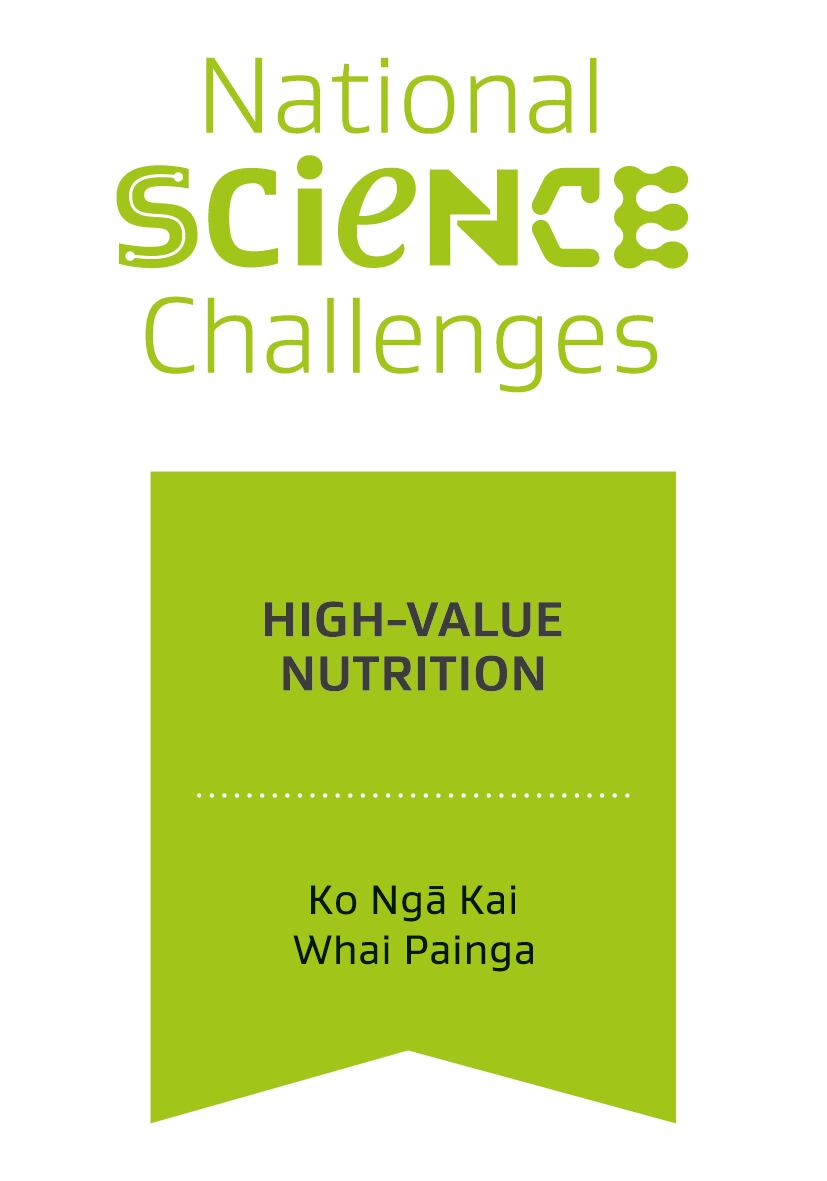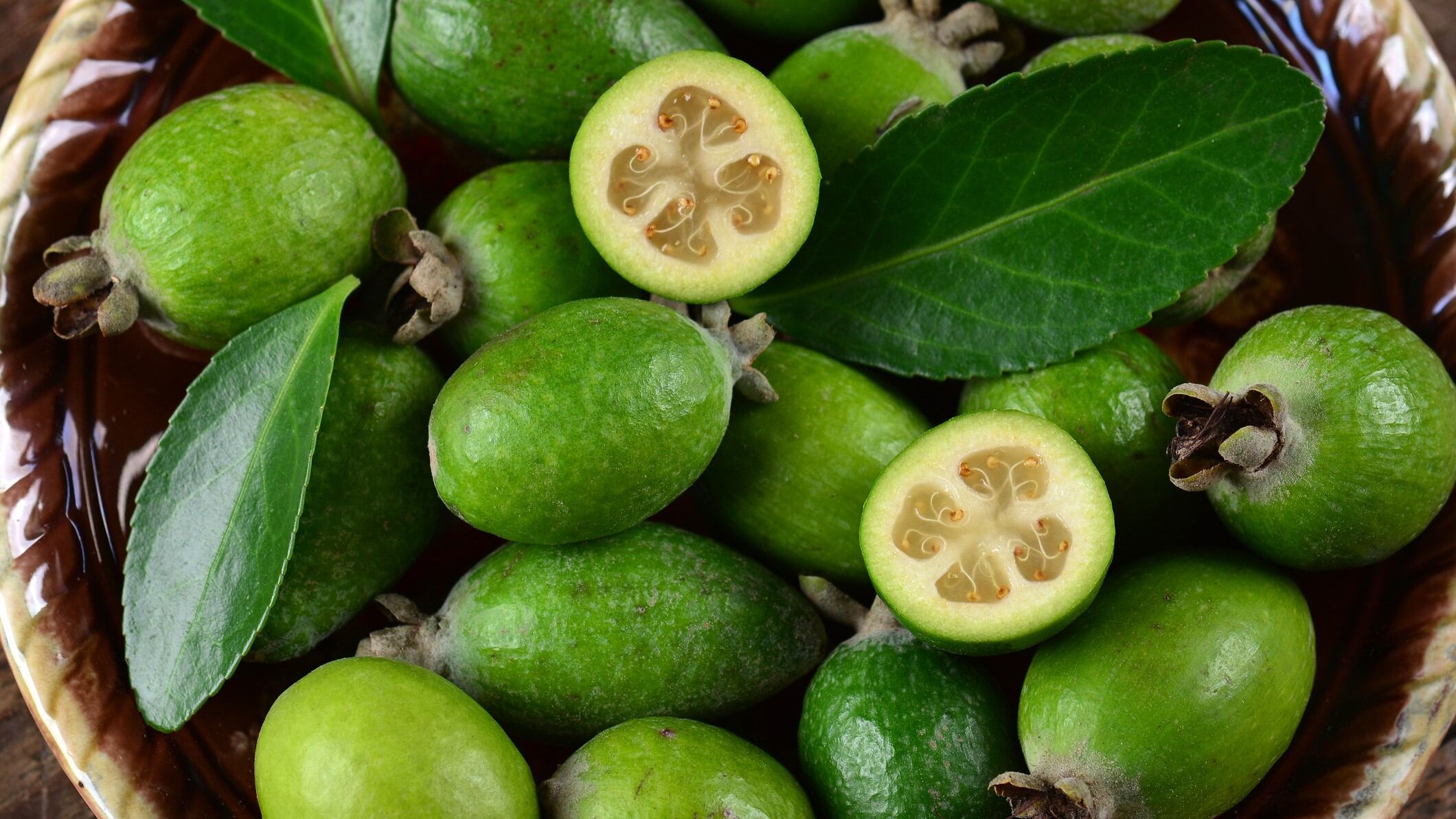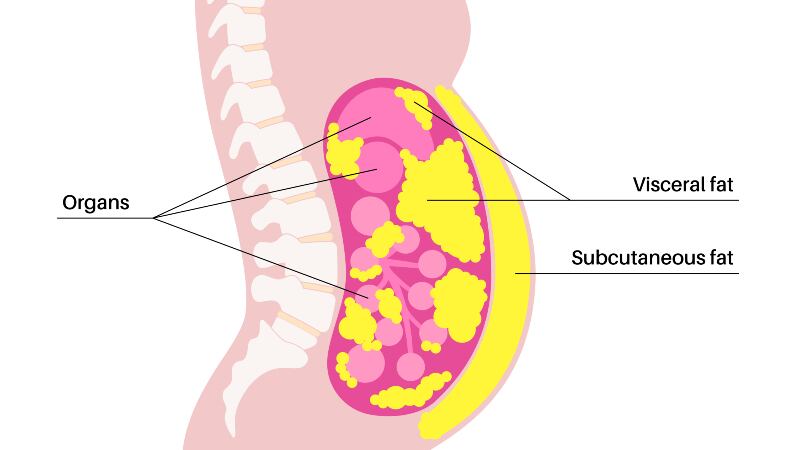The feijoa study, named FERDINAND, claims to be the “world’s first long-term clinical trial” exploring the health benefits of feijoa for weight loss and lowering blood sugar.

It seeks to build on a short-term 12-week study conducted by Iranian researchers on the benefits of feijoa for patients with type 2 diabetes.
Funded by New Zealand’s research consortium, the High-Value Nutrition (HVN) National Science Challenge, the study is conducted by researchers from University of Auckland’s Human Nutrition Unit and AgResearch, the Malaghan Institute and Plant and Food Research.
The study is part of HVN National Science Challenge’s larger Metabolic Health Priority Research Programme that works with New Zealand food and beverage companies to tackle the nutritional problem of weight gain and development of type 2 diabetes in Asian communities.
Study design
University of Auckland’s Associate Professor Dr Jennifer Miles-Chan told NutraIngredients-Asia that it would be a double-blind randomised controlled trial involving 160 participants who are prediabetic and obese or overweight.
During the first two months, all participants would consume meal replacement products, such as soups, shakes, and hot meals, prescribed by the researchers according to the low energy Cambridge weight-loss diet.
Dr Miles-Chan said that a meal replacement diet is considered a “gold standard in preventing diabetes progression or treating diabetes.”
Participants in the intervention group (n=80) would consume about a gram of whole-fruit feijoa powder.
“We would expect the participants to lose between five to ten percent of their body weight during the two months with only meal replacements. By adding feijoa powder in the equation, we want to find out whether their glucose control and body weight improved even more [than the five to ten percent],” explained Dr Miles-Chan regarding how the impact of the feijoa intervention is measured.
The next four months is the weight maintenance phase where all intervention participants would go off their meal replacements, but continue to take the powder daily. They would also work with a dietician to continue their individual healthy eating habits.
Some key objective measurements include fasting plasma glucose, body weight, body composition and metabolic rate. Participants would also complete a food diary and attend focus group sessions to assess their experience taking the feijoa or placebo powder.
The study commenced its recruitment process last month, and does not have an estimated date of completion yet.
Trade potential
Feijoa is a widely grown fruit in New Zealand and found in the backyards of many households.
The researchers are hoping the study provides for a health claim boosting the commercial value of feijoa.
“You usually would not buy them in a shop as you’ll either grow it on your own or just given them from other people. But over the past few years, there has been growing sales of Feijoa within New Zealand. There are some countries that are turning into quite big exporters of the whole fruit.”
Some of the top exporting countries of Feijoa are currently in the North and South Americas.
Aside from health policy, the study aims to also support the export ambitions of New Zealand food and beverage companies in Asia.
“Asia is a huge market for New Zealand foods and beverages. So, being able to make a health claim about a particular food means a lot to these companies. We’re trying to build the science for these companies.
“Some countries seem to have restrictions in terms of the research to back up the claims. We also want to make sure that the claims made are appropriate for the consumers within that population,” Dr Miles-Chan said.
The study chose to study with feijoa powder, instead of the whole fruit, as it is considerably easier to store and export.
“Due to it being such short season, they also don’t keep that well once they are ripe. So, putting it in powder form means we’d be able to get it all year and its benefits stretched throughout the year,” she added.
Health benefits of Feijoa
The aforementioned Iran study found that the fasting blood sugar, glycosylated haemoglobin, cholesterol, and triglycerides decreased in the feijoa group compared to the control.
Feijoa intake was found to improve control of hyperglycaemia and hyperlipidaemia in diabetic patients and reduce risk of coronary vascular diseases in patients with type 2 diabetes.
Dr Miles-Chan highlighted that the fruit is high in polyphenols, such as tannic acid, that are commonly found in green tea and colourful fruits and vegetables. These active compounds are dominant in the skin of the fruit that tends to be discarded.
She added that also feijoa has high amounts of abscisic acid and previous trials conducted with mostly animals, and at least one human study, found that the acid was responsible for controlling glucose in the blood stream.




